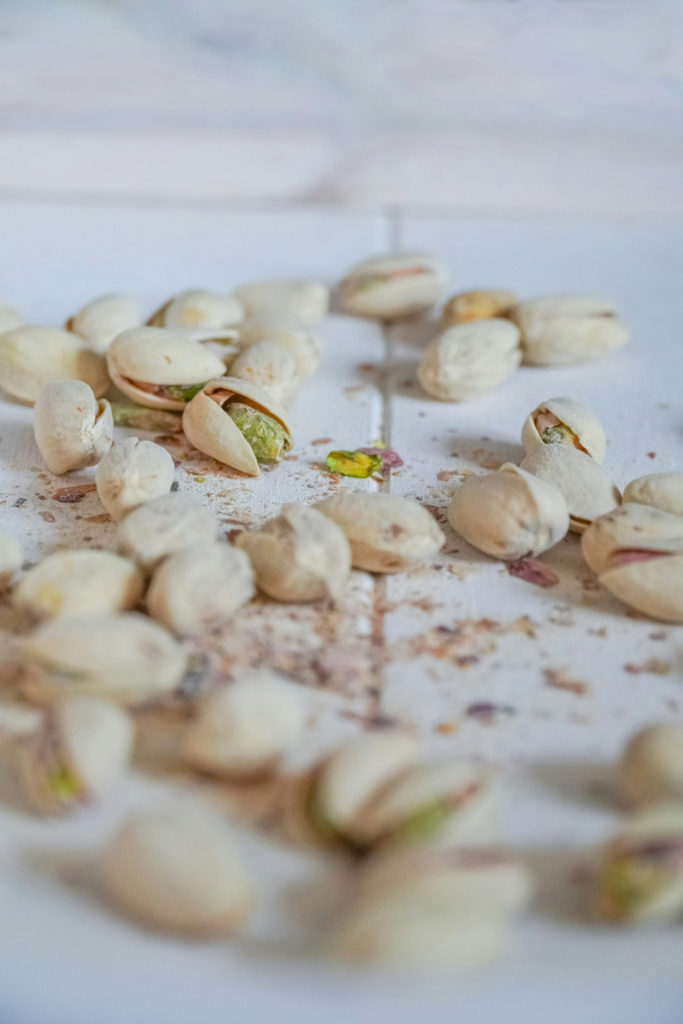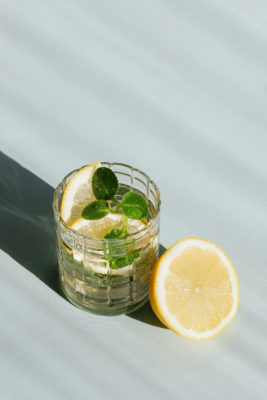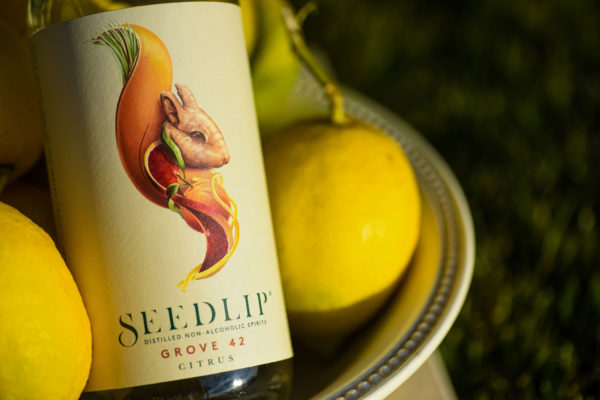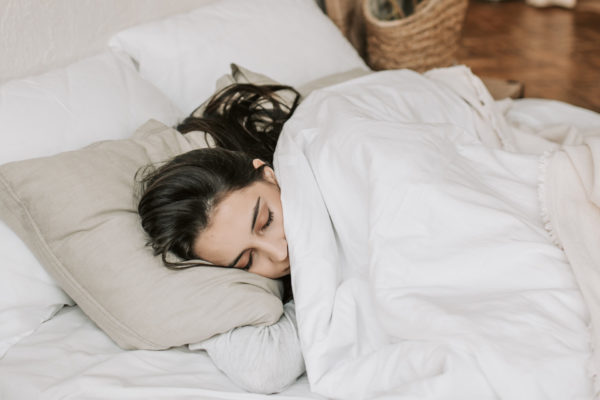
Here’s What A Month Without Alcohol Really Does To Your Body
By
4 months ago
All the benefits you can expect from a booze-free January
It’s not surprising that most people feel better after a 31-day break from booze. But what exactly happens to your body during Dry January? Dr Richard Piper, CEO at Alcohol Change UK, has shared a week by week guide to all the physical and mental changes that take place when you stop drinking – a bit of motivation for those who have signed up to the challenge and already fancy a glass of wine.
What Happens To Your Body During Dry January?
Week One
So you’ve made the decision to go sober, and after weeks of overindulging on the prosecco and mulled wine, you’re feeling ready for some health. Will you feel quickly transformed? ‘Within the first few days and weeks of the Dry January challenge, you’ll likely be experiencing some immediate benefits like no hangovers, saving money and feeling less groggy or sluggish,’ says Richard.
However, don’t be put off if you’re not skipping around feeling amazing in week one: you may also feel a little deflated as your dopamine levels drop, he adds. ‘That’s because when we drink alcohol, it triggers the release of extra dopamine and if we drink often or heavily, our body can become used to these dopamine boosts and start to make less dopamine,’ he explains. ‘In the early days, your body will be working hard to replace this dopamine and other lost minerals, but it might just take a little time.’
Richard recommends finding some new rewards that don’t involve alcohol – whether that’s watching a film, cooking a meal or going for a walk. ‘These activities will help to release these chemicals in your brain in a healthier, more positive and sustainable way.’
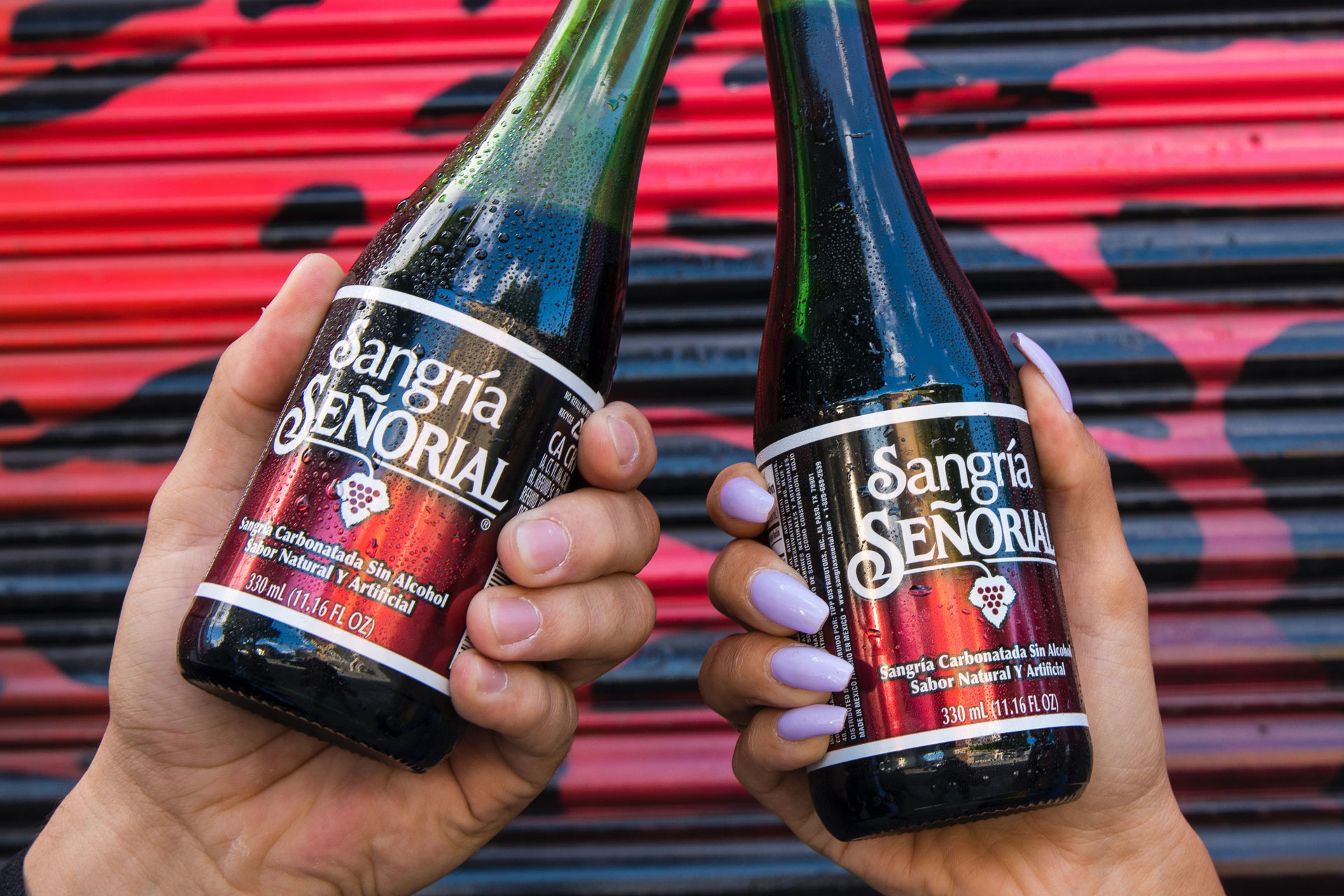
Week Two
Well done: you’ve made it to week two, and this is when you’re going to start feeling some big improvements. ‘During the second week, lots of people describe feeling as if the “fog is lifting”’, says Richard. ‘This is another way of saying clearer thinking and more energy.’
Expect physical changes too. Alcohol can cause acid reflux and heartburn, and you’ll feel this start to reduce around a couple of weeks of sobriety. You’re also likely to be in tune with how much water your body needs by now, adds Richard, resulting in better hydration.
Week Three
The third Saturday of the year is the most common day Brits quit Dry January – but if you manage to stick it out, you’ll start to feel some cognitive benefits. ‘At around three weeks into the Dry January challenge, we are likely to notice improvements in our memory, particularly short-term memory,’ Richard tells us. ‘This looks like being able to retain information for longer, be less forgetful and more able to focus our attention.’

Week Four
Congratulations, you’ve made it to the final week of the challenge – and your skin will be thanking you for it. ‘Another lovely side effect of no booze might start to appear around this time is your skin starting to look amazing,’ says Richard. ‘Alcohol reduces the production of anti-diuretic hormones, so you lose water and sodium more quickly. This is the sworn enemy of soft, plump, peachy skin. A few weeks off alcohol should lead to a reduction in facial redness and see the size of facial pores diminish too.’
Your body will be making some significant changes on the inside, too. After a month of no alcohol, the risk of developing certain cancers begins to drop, Richard tells us, plus you’re less likely to develop strokes, heart disease and hypertensive disease. ‘If you’ve got high blood pressure, there’s a good chance it’ll start to come down by the end of your challenge,’ he adds. ‘Research has found that just four weeks without a drink can be enough to start lowering both blood pressure and heart rate. And your risk of type 2 diabetes has already started to reduce (in one study insulin resistance came down by an average of 28 per cent), and your cholesterol levels should be starting to lower.’
January will have been a nice holiday for your liver too, adds Richard, allowing the important organ to focus on its other jobs. ‘One study found that just four weeks without a drink can substantially reduce liver “stiffness”,’ he notes. ‘This stiffness is an early sign of liver disease.’
Expect to feel more rested too, as quitting drinking will likely result in better sleep. ‘While alcohol may help us to nod off, it plays havoc with our sleep quality, specifically the Rapid Eye Movement (REM) part of our sleep cycle which is responsible for how rested we feel. Once you’re back in a bedtime routine that doesn’t involve a reliance on alcohol to nod off, you should experience a deeper, better sleep and wake up feeling more refreshed.’
Will Dry January Result In Weight Loss?
Some people will experience weight loss after four teetotal weeks. ‘We may notice the pounds dropping off as you cut out the booze – especially if you’re using your newfound free time to get exercising, Richard says. ‘Not drinking alcohol aids the recovery process, meaning you’re going to see faster gym gains.’
But even if you haven’t upped your exercise, removing alcohol from your diet means you’re cutting out lots of calories. ‘As the average pint or glass of wine can rack up around 200 empty calories – calories that deliver no nutritional value – it’s easy to see why you might find your waistband loosening after a couple of weeks.’
Richard Piper is CEO of Alcohol Change UK





